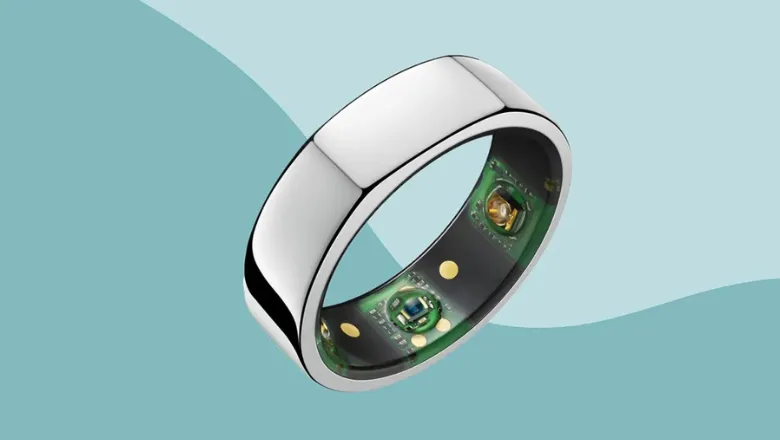Because of an outdated idea that ADHD only affects boys, ADHD among women is often overlooked in research. Findings from this study could have a big impact on ADHD treatment for women, as cycle tracking, adjustments of medication dosage during certain cycle phases and interventions to support sleep and physical activity may be beneficial.”
Dr Jessica Agnew-Blais, Lecturer in Psychology, Queen's Mary University London
17 July 2023
IoPPN to collaborate on new MRC funded project to investigate ADHD among women
The Medical Research Council (MRC) has awarded funding to co-investigators Professor Jonna Kuntsi and Professor Richard Dobson at the Institute of Psychiatry, Psychology & Neuroscience (IoPPN) at King’s College London as part of a new investigator grant awarded to Dr Jessica Agnew-Blais, who is a lecturer at Queen Mary University London (QMUL) and alumna of the Social, Genetic and Developmental Psychiatry (SGDP) Centre.

The project, ‘A life course approach to understanding ADHD among women’, will investigate what features characterise girls who show attention deficit hyperactivity disorder (ADHD) for the first time in adulthood, whether ADHD symptoms increase for some girls in adolescence, and whether hormonal changes associated with the menstrual cycle worsen symptoms for women with ADHD.
While in childhood more boys are diagnosed with ADHD than girls, in adulthood women make up 50% of the ADHD population. Among women with ADHD, the effects of hormones are a big concern, however this has not been investigated in a research study. This project will collect information from women with ADHD about ADHD symptoms, medication and problems, such as low mood, via daily questionnaires on their smartphones and a promising wearable called the Oura ring. The Oura ring is a 'smart ring' device that women wear on their finger to sense changes in basal body temperature, sleep patterns, and physical activity, to understand how hormonal changes may affect ADHD symptoms.
The IoPPN has been leading developments in remote measurement technology for mental health conditions such as depression and ADHD, which enable active and passive remote monitoring using wearable devices and smartphones using the open source mobile health platform that the team have developed, RADAR-base.
We are glad to be involved in this highly promising new project that will benefit from the RADAR-base m-health platform we developed, which is being used successfully already in many other IoPPN and international projects.”
Richard Dobson, Professor of Medical Bioinformatics, King's IoPPN
The ADHD Remote Technology (ART) system which uses RADAR-base enables different measures to be included in different studies, depending on the research questions of the particular project. For example, while the new study will use the Oura ring, a different wearable device – EmbracePlus – is used in the ART team’s ongoing European Commission-funded project on cardiometabolic risk factors and medication adherence in adults with ADHD.
This new collaboration with Dr Jessica Agnew-Blais is an exciting extension, in a new direction, of our work on the ADHD Remote Technology research programme.
Jonna Kuntsi, Professor of Developmental Disorders and Neuropsychiatry, King's IoPPN
In this story
Related departments
- Institute of Psychiatry, Psychology & Neuroscience
- Social, Genetic & Developmental Psychiatry Centre
- Department of Biostatistics & Health Informatics
- NIHR Maudsley Biomedical Research Centre
- ADHD Remote Technology (ART)
- ART-pilot
- MAAM – Measuring Adult ADHD and Menstruation Study
- ART-transition - ADHD Remote Technology and ADHD transition: predicting and preventing negative outcomes
- ART-CARMA – The ADHD Remote Technology study of cardiometabolic risk factors and medication adherence


